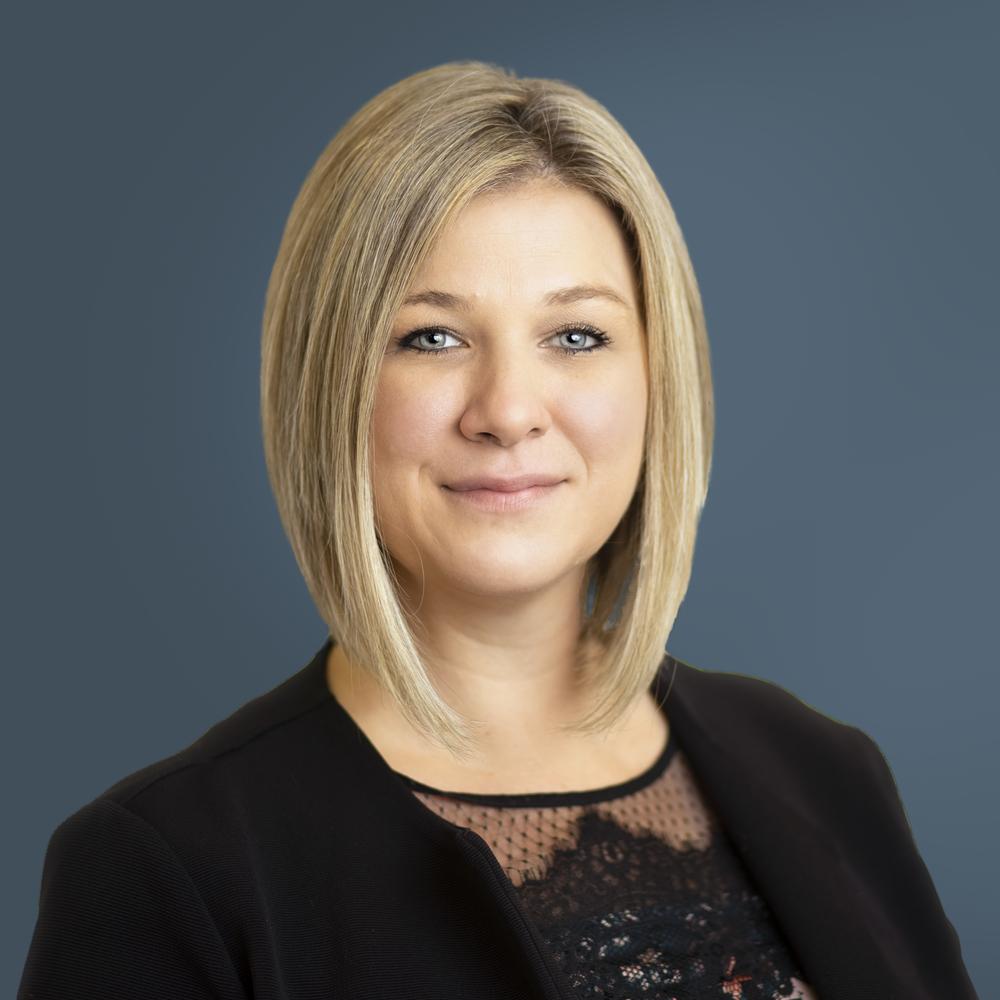Twenty years have passed since the inception of Health Savings Accounts (HSAs) under the 2003 Medicare Modernization Act, yet many still regard HSAs as one of the best-kept secrets in managing healthcare and retirement funds. As healthcare costs and insurance premiums climb, HSAs continue to offer a valuable method for managing medical expenses.
HSAs are particularly beneficial for healthy individuals seeking greater control over their healthcare finances, providing significant tax benefits along the way.
More and more, employers are recognizing the value of HSAs, incorporating them into their employee benefits packages. HSAs empower users to save money by comparing and selecting healthcare providers and services judiciously, maximizing the value of their accounts.
Understanding HSAs[i]
HSAs function similarly to traditional IRAs, with pre-tax funds going into the account. The growth of these funds is tax-deferred, and withdrawals for qualified medical expenses are tax-free. This combination of pre-tax contributions, deferred growth taxes, and tax-free withdrawals creates a compelling tax benefit for users.
Contributions to HSAs
Employees can opt to divert a portion of their earnings, before taxes, directly into their HSAs. Those with HSA-eligible insurance plans can also enjoy these triple tax advantages, although direct cash contributions must be reported on tax Form 8889. This is important because these contributions aren’t counted towards the 7.5% threshold for medical deductions on Schedule A.[ii]
In 2024, individual HSA contributions are capped at $4,150, and family contributions at $8,050, which includes any employer contributions. Individuals 55 or older can make an additional $1,000 in catch-up contributions. Contributions can be made up until the tax filing deadline on April 15, 2024. [iii]
Eligibility for HSAs[iv]
To qualify for an HSA, you must not be covered by any other health plan, including Medicare, and you cannot be claimed as a dependent on someone else’s tax return. Additionally, you must be enrolled in a high-deductible health plan (HDHP).
High-Deductible Health Plan Requirements
For 2024, HDHPs require a minimum deductible of $1,600 for individuals and $3,200 for families, with maximum out-of-pocket costs of $8,050 for individuals and $16,100 for families. These costs include deductibles, copayments, and coinsurance.[v]
Benefits Over a Lifetime[vi]
Unlike Flexible Spending Accounts (FSAs), HSAs do not have a “use it or lose it” policy. Unused funds automatically roll over each year and can continue to do so through retirement. At age 65, funds can be used for any purpose, although non-medical withdrawals will be taxed as income.
Furthermore, HSAs are portable; you can keep your account if you change employers, provided you continue to meet the eligibility criteria.
Tax Benefits Summary
HSAs offer a host of tax benefits: deductible contributions, tax-free employer contributions, tax-deferred earnings, and tax-free withdrawals for eligible expenses.
HSA Planning Opportunities
The only thing better than the tax advantages is the flexibility of HSAs and the planning opportunities they create. With the ability to rollover unused funds at year-end, an HSA can significantly add to your retirement capital, which can be particularly beneficial as you anticipate your healthcare spending to rise.
Of course, planning ahead with an HSA is difficult because you can’t know how much of the funds will be used for medical expenses. However, knowing you can use any remaining funds at retirement should be an incentive to shop your medical care to keep your costs as low as possible.
In addition, it would be essential to work with your financial advisor to ensure you completely understand HSA eligibility, deductibility, and applicability in your situation and whether it would be the best fit for you and your healthcare needs.
At Willamette Wealth Partners, we help couples and individuals about to leave the workforce plan for their best life chapter yet—retirement. From retirement planning to investment management and financial planning services, we are focused on providing you with a relationship that fosters growth, confidence, and independence. If you’re interested in meeting with one of our Eugene, Oregon based financial advisors, go ahead and schedule your complimentary 30-minute introductory meeting here. We can’t wait to meet with you.
Written by Adam Coughlin and Locke Bielefeldt in collaboration with Lexicon Advisor Marketing.
[i] https://www.investopedia.com/terms/h/hsa.asp
[ii] https://www.irs.gov/publications/p969
[iii] Ibid.
[iv] https://www.investopedia.com/terms/h/hsa.asp
[v] https://www.investopedia.com/articles/personal-finance/012716/how-highdeductible-health-plans-work.asp
[vi] https://www.investopedia.com/articles/personal-finance/091615/how-use-your-hsa-retirement.asp




